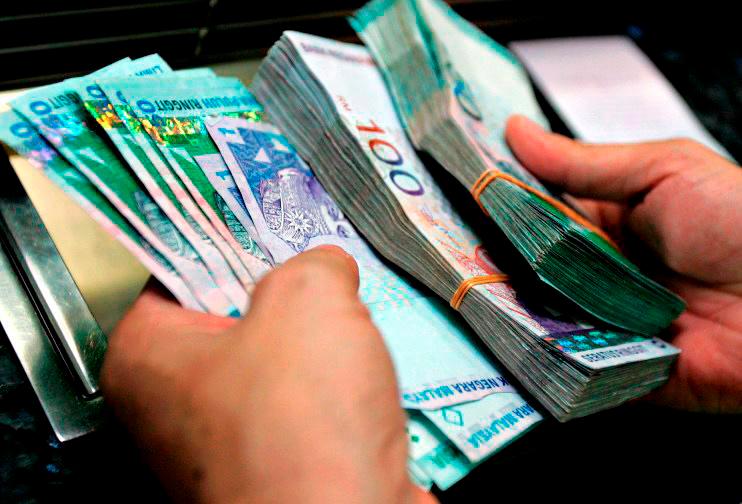KUALA LUMPUR: Bank Negara Malaysia’s (BNM) decision to hold the Overnight Policy Rate (OPR) at 3.0 per cent in its last Monetary Policy Meeting (MPC) of this year is in line with consensus expectations and will help to build market confidence, according to economists.
Malaysia University of Science and Technology economist Dr Geoffrey Williams said today’s decision signals that the central bank has followed the right policy and been effective in bringing down headline inflation and supporting underlying growth and financial stability amid a difficult global economic environment.
“It will add confidence to the markets that BNM is sticking to its mandate and that economic growth in the coming year will not be harmed by higher interest rates,” he told Bernama.
Williams said the move to maintain the rate should be a relief to borrowers that costs of borrowing are not higher and will support consumer spending, which is needed when external factors are difficult.
“This will be supportive of growth and investment overall and help keep down inflation because real interest rates are now positive with inflation being below the OPR.
“It is a back-to-normal stance and a much more comfortable place to be for the moment with lower inflation,” he added.
Williams said the decision has already had a positive effect on the ringgit, which reached RM4.75 to the US dollar today compared to RM4.79 two days ago.
Bank Muamalat Malaysia Bhd chief economist and social finance head Dr Mohd Afzanizam Abdul Rashid concurred that BNM’s decision to maintain the OPR has been widely anticipated.
“The accompanying statement suggests that BNM is wary about the downside risks to growth which means the stand of the monetary policy has to be supportive.
“Already, the Purchasing Managers’ Index has been hovering below the 50-point demarcation line for 14 months in a row, suggesting that business sentiment is mostly leaning towards the cautious side,” he said.
Mohd Afzanizam said apart from that, Malaysia’s export has been on contraction mode from March to September this year, indicating that the weaker global demand is affecting the country’s external demand.
“Therefore, there is a need to keep the OPR steady in order to support the economy.
“The lower inflation print of 1.9 per cent in September 2023 from as high as 4.7 per cent in August 2022 demonstrates BNM’s credibility in steering the monetary policy. So this is good for confidence building,” he added.
On the same note, the 125-basis point hike in OPR since May last year indicates that the central bank has built reasonable policy space, he noted.
“So in that sense, BNM has the flexibility to reduce the OPR should the external environment becomes detrimental to the overall economy,” he said.
BNM today announced it is keeping the OPR at three per cent, marking the third consecutive session that the MPC has opted for a rate hike pause, despite calls to raise the key interest rate to help stabilise the ringgit, which is near a 25-year low against the US dollar.
The last rate hike was in May, when the central bank increased the OPR by 25 basis points to 3.0 per cent. -Bernama









